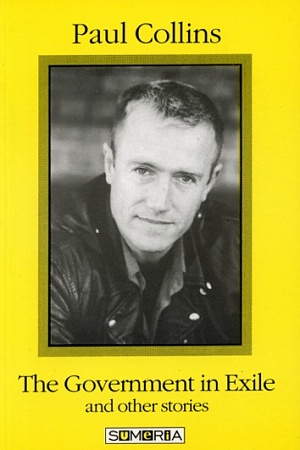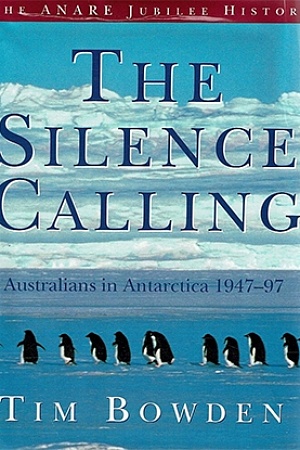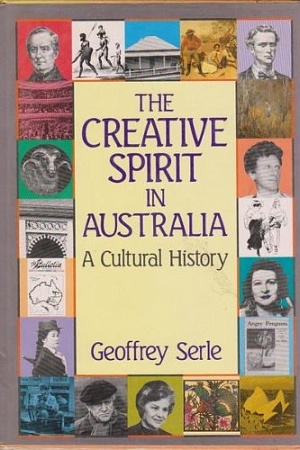Deadline Gallipoli
If ever there were to be an exception to Winston Churchill’s military aphorism, ‘History is written by the victors’, the Anzac story would make a promising candidate. One doubts that those on the ground at Gallipoli would consider themselves victors. Yet here we are, one hundred years on, celebrating the Anzac tradition with more patriotic vigour than ever. How does such a grand tradition endure from such an unmitigated disaster?
In a shift in focus from the range of other productions marking the centennial anniversary of World War I – ANZAC Girls (ABC TV) Gallipoli (Channel Nine) The War That Changed Us (ABC TV) – Michael Rymer’s miniseries Deadline Gallipoli (Showcase/Foxtel) serves to illuminate the role of the journalist in narrating the campaign that defined a nation. Given the press restrictions in the war zone, the reportage of a few designated journalists had considerable influence. In the case of Australia’s official war correspondent, Charles Bean, this influence persists in the immense volumes of the Official History of Australia in the War of 1914–1918.
Continue reading for only $10 per month. Subscribe and gain full access to Australian Book Review. Already a subscriber? Sign in. If you need assistance, feel free to contact us.















Leave a comment
If you are an ABR subscriber, you will need to sign in to post a comment.
If you have forgotten your sign in details, or if you receive an error message when trying to submit your comment, please email your comment (and the name of the article to which it relates) to ABR Comments. We will review your comment and, subject to approval, we will post it under your name.
Please note that all comments must be approved by ABR and comply with our Terms & Conditions.